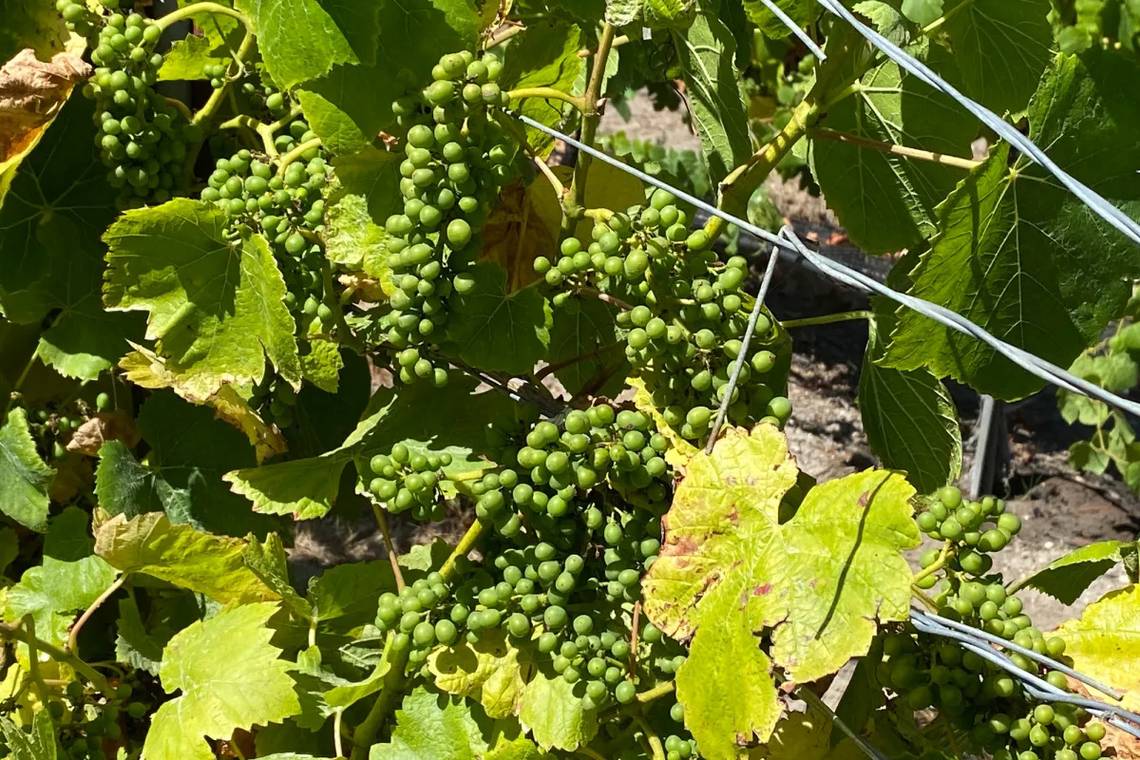In an effort to showcase the commitment to positive environmental practices across Washington’s wine industry, new dual certifications have been launched for winegrowers to determine their vineyard as salmon-safe.
Developed in a partnership between two groups over 18 months, the certification is meant to “enhance water quality protection, wildlife habitat conservation and climate resiliency,” according to the press release.
Dual certification for WA vineyards
The two certifying groups are Sustainable WA and Salmon-Safe. Sustainable WA is the first statewide certified sustainability program specifically for winegrapes, made in partnership with multiple other groups, including the Washington Winegrowers Association, the Washington State Wine Commission and multiple others, with industry and technical oversight.
Salmon-Safe is a regional eco-label focused on healthy watersheds for native salmon. When it comes to viticulture, Salmon-Safe’s priorities are reducing vineyard runoff, protecting the water quality and enhancing the native biodiversity on vineyard sites, according to the press release.
The two groups combined their resources, knowledge and goals to find dual certification options in Washington that align with both groups.
“We know that Sustainable WA winegrowers have a commitment to environmental stewardship,” stated Dan Kent, executive director of Salmon-Safe, in the press release. “Offering joint certification is a way for us to bring a strengthened and science-based focus on watershed impact to Sustainable WA as certified vineyard operations lead the way to healthier Columbia Basin waterways.”
How is a vineyard certified?
Dual certification can be achieved through a commitment to multiple sustainable practices, verified through a third-party audit.
“The certification partnership between Sustainable WA and Salmon-Safe adds a layer of credibility to Washington’s program by ensuring that vineyards are using verified environmental practices that protect our local watersheds,” stated Sadie Drury, a vineyard manager and Sustainable WA winegrower.
Some of the practices required for certification include:
-
Regular testing and workplace policies
-
Irrigation schedules that take the land and wildlife into account
-
Sediment runoff prevention when applicable
-
No materials deemed “high hazard” by Salmon-Safe
-
Provisions for wildlife protection such as fish screens
The full certification outline is available online.
Following the certification process, wineries with 75% certified wine grapes can feature the Sustainable WA logo on their bottles, and those with 95% certified wine grapes can also feature the Salmon-Safe logo, according to the press release.
